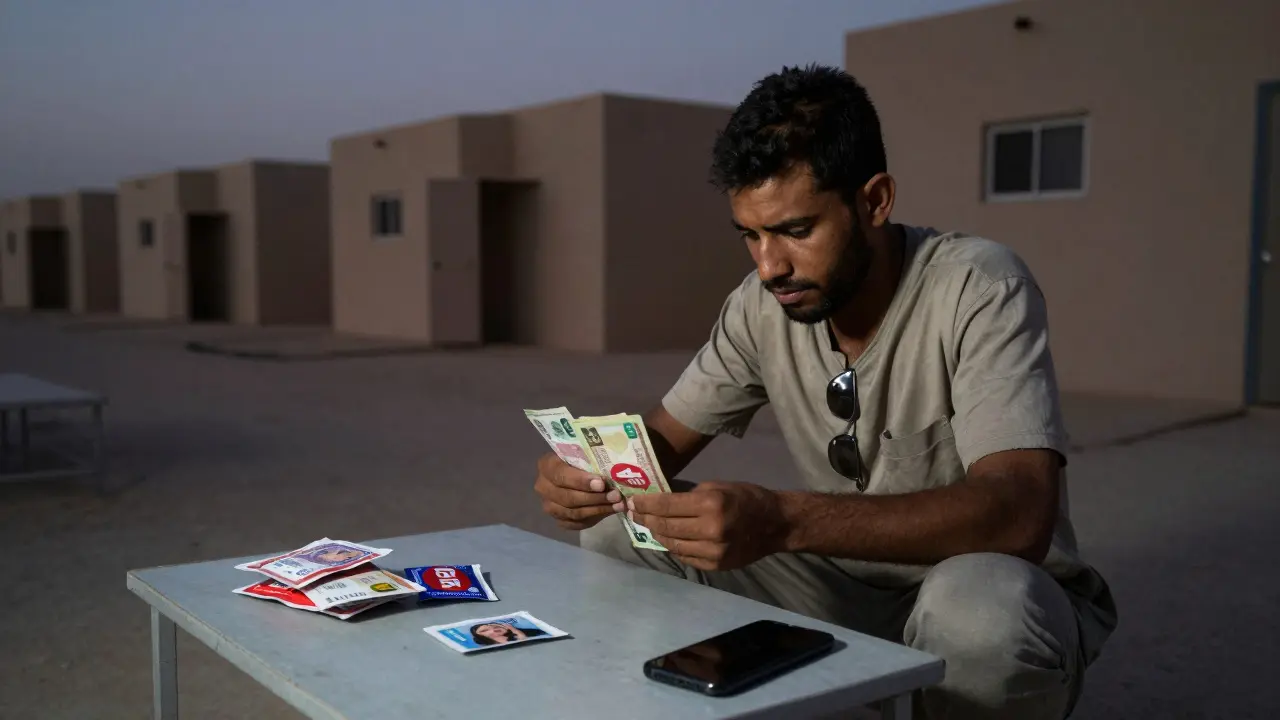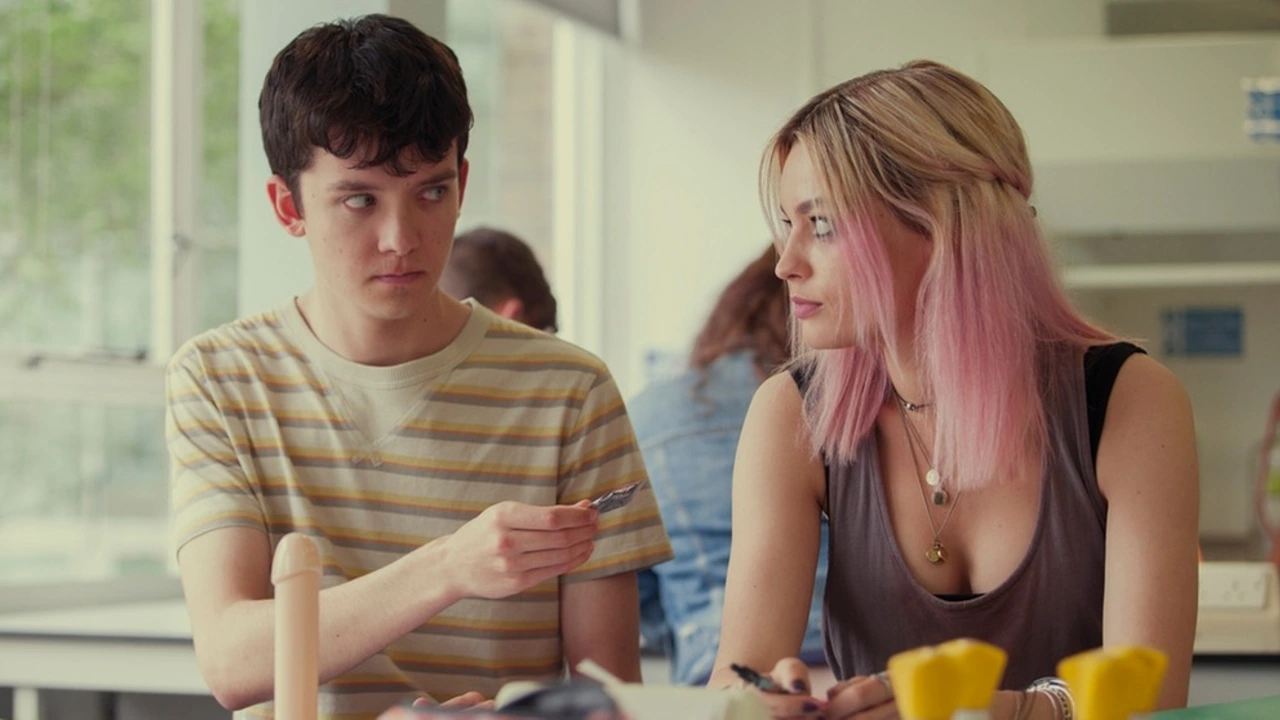Sex Education and Society in Dubai: What’s Changing?
Ever noticed how conversations about sex are popping up in coffee shops, schools, and even family gatherings in Dubai? It’s not a coincidence. The city is seeing a real shift toward open talks about sex, health, and safety. People want facts, not myths, and that demand is reshaping how educators, policymakers, and everyday folks approach the subject.
Why Sex Education Is Gaining Ground
First off, kids today are glued to smartphones and social media, where they absorb mixed messages about relationships and intimacy. Parents and teachers are realizing that a quick warning about “don’t talk to strangers” isn’t enough. They’re looking for structured lessons that cover consent, contraception, and emotional well‑being.
Schools that have introduced age‑appropriate modules report fewer rumors about STIs and more respectful behavior among students. A recent survey of Dubai families showed that 68% of parents prefer formal sex‑education classes over relying on peers for information. That statistic tells us parents are ready to back programs that give clear, science‑based guidance.
Businesses are also getting involved. Health clinics now offer free workshops on sexual health, and community centers host Q&A sessions with doctors. These initiatives create safe spaces where people can ask blunt questions without feeling judged.
The Legal Sex Work Debate
While education is moving forward, another hot topic is whether Dubai should legalize sex work. Supporters argue that regulation would protect workers, provide health checks, and reduce illegal activities. They point to countries where legalization has led to lower rates of violence against sex workers and better access to medical services.
Critics, however, worry about moral implications and the potential impact on Dubai’s family‑friendly image. Some fear that legalizing could clash with cultural and religious values, leading to public backlash.
Economically, a regulated market could generate tax revenue and create jobs in related sectors like security, healthcare, and hospitality. Yet, the exact financial benefits are still debated, and any policy shift would need strict oversight to prevent abuse.
What matters most is the conversation itself. When people talk openly, they can weigh real‑world data against cultural concerns and find a middle ground that respects both safety and values.
Whether you’re a parent, student, or professional, understanding these changes helps you navigate the evolving landscape of sex and society in Dubai. Stay curious, ask questions, and look for reliable sources—because the more informed we are, the better we can shape a healthier community.





